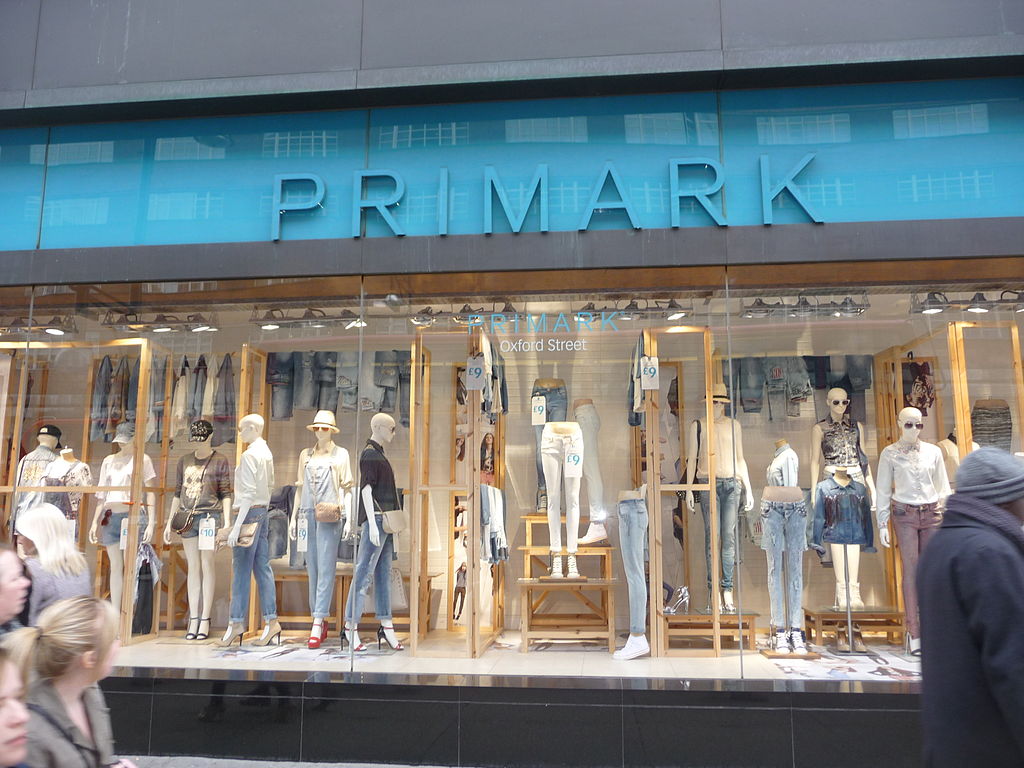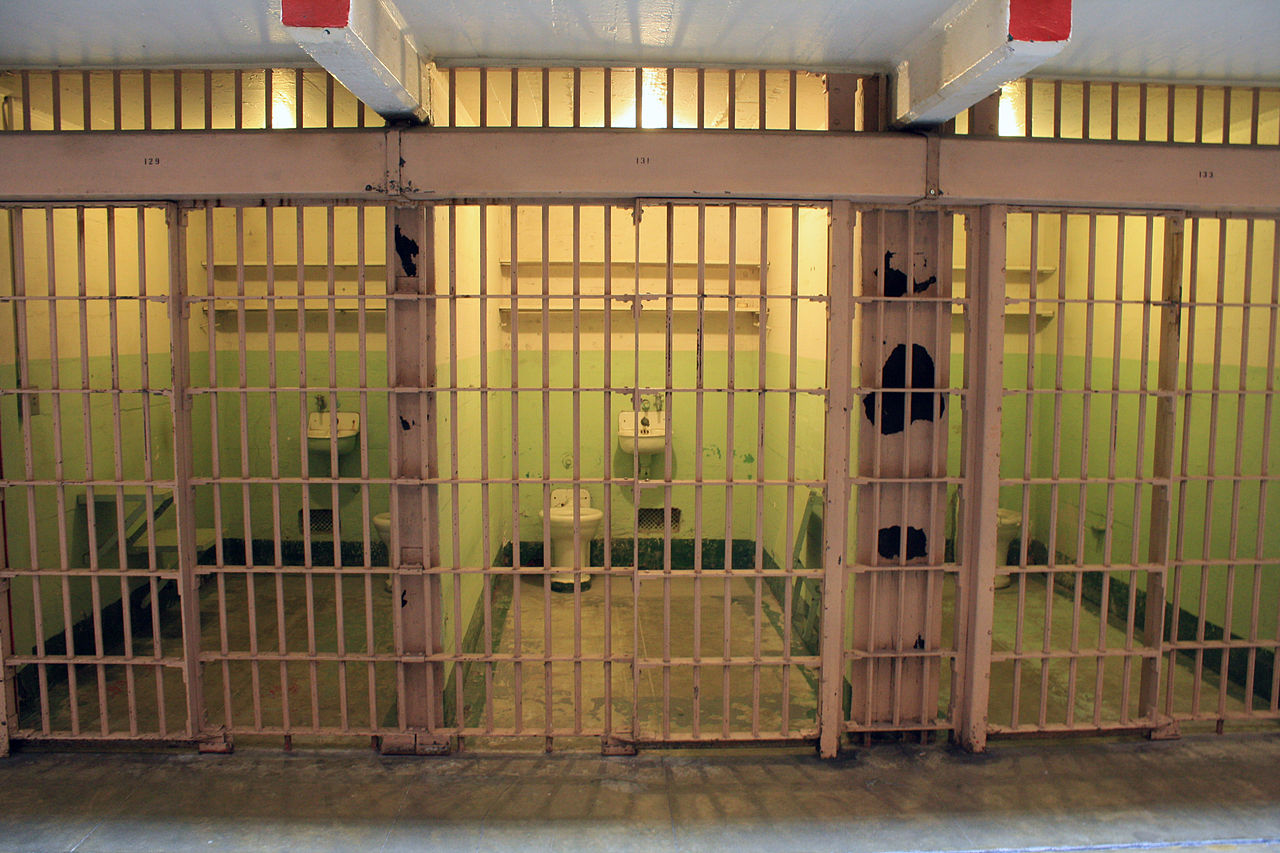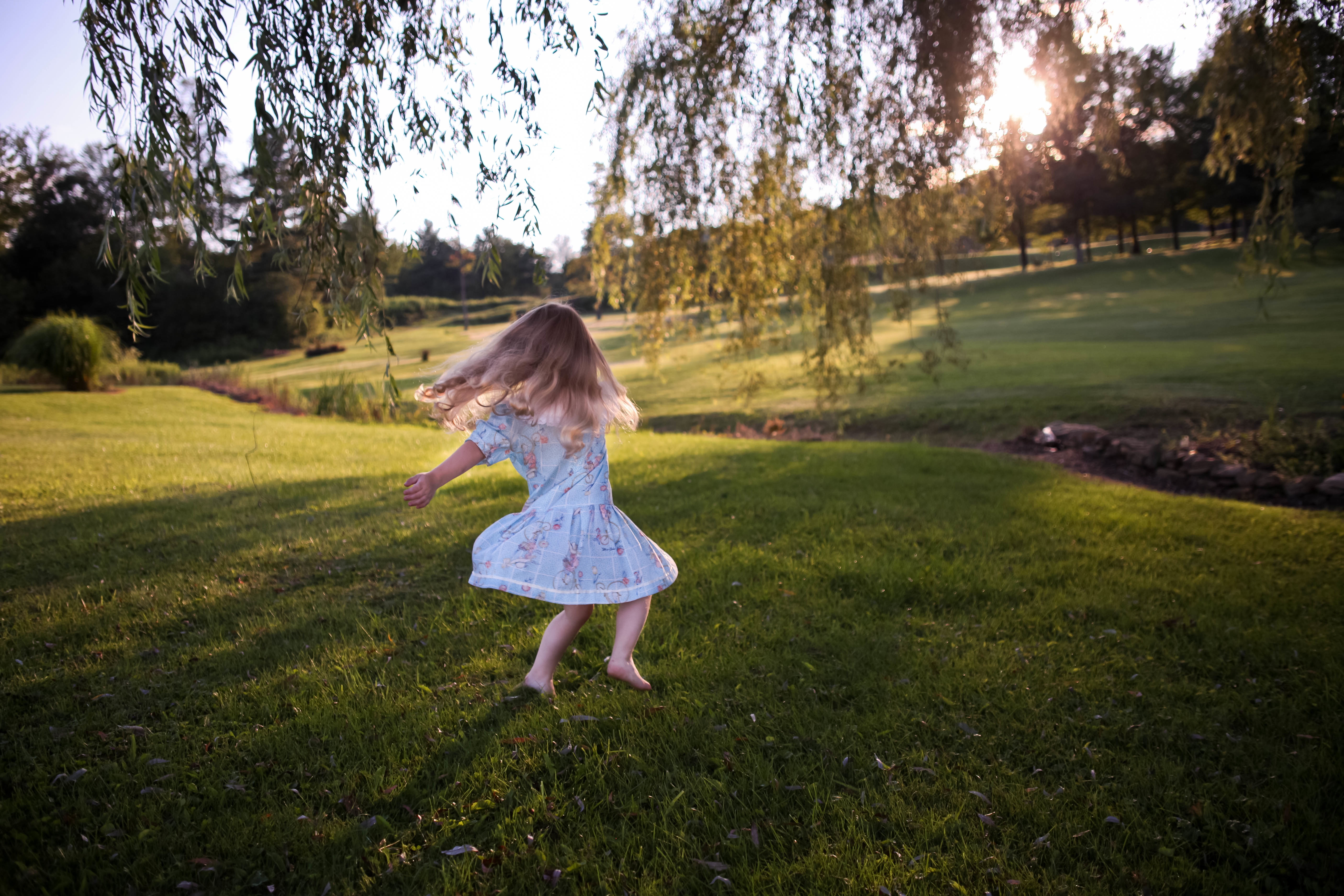Two days ago, an English judge sentenced two girls, aged 13 and 14, to three years and three months in a youth custody facility for kidnapping a toddler. He did not name them.
The girls had lured a toddler away from her mother in a Primark store in Newcastle and taken her some three miles away to Gosforth Park, where they were arrested by police. The girls had searched on an iPad for topics relating to children having sex, slavery and abduction. The judge found that although no ‘actual harm’ came to the toddler, there had been planning, intent and enticement.

The girls were initially charged with kidnap with the intention of committing a sexual offence but this was later dropped and the charge was changed to kidnapping.
However, Mr. Justice Globe decided not to name the two girls. Uneasy with this decision, he remarked:
Anonymity is never an easy matter to resolve where there is an offence committed of public importance. Open justice is uppermost in my mind.
However, he decided to grant anonymity because of the young age of the two girls.
This post looks at why Mr. Justice Globe maintained the anonymity of the two girls and whether he had to, legally speaking. But first things first…
What does anonymity mean in legal proceedings?
Anonymity in legal proceedings is where the press and/or the public are not permitted to name certain individuals. This can happen in all types of legal proceedings, but in this post we are focussing on criminal cases. Anonymity in these cases usually involves the defendant, that is the person accused of committing the crime (though it can also be given to witnesses, too).
There is a general rule that the press are not allowed to report the name of a child defendant appearing before a youth court (i.e. for non-serious crimes committed by children aged between 10 – 17). However, for more serious crimes (like the kidnapping case), the judge decides whether the child remains anonymous.
For adults, the general rule is that defendants are named. This is because, traditionally, exposure has been seen as one of the prices paid for committing a crime. A judge can grant an adult defendant anonymity under section 11 of the Contempt of Court Act 1981 where that appears ‘necessary’.
Why did the judge grant the girls anonymity?

Mr. Justice Globe granted the girls anonymity on the basis of their age. In doing so, he was likely thinking about the special protections children are afforded under human rights law because of their ‘physical and mental immaturity’. For example, under the United Nations Convention on the Rights of the Child (UNCRC), children who have committed a crime must “have their privacy fully respected at all stages of the proceedings”.
The Committee monitoring the UNCRC has advised countries that:
No information shall be published that may lead to the identification of a child offender because of its effect of stigmatization , and possible impact on his/her ability to have access to education, housing or to be safe.
When might a judge grant anonymity to an adult?
This might happen when a judge is worried about an alleged offender’s safety if they are named. Under the Human Rights Act 1998, judges must ensure that the human rights of those appearing before them are protected, including the right not to suffer degrading or inhuman treatment. So if, for example, a judge was worried that a person accused of being a sex offender would be beaten up by his neighbours if his name got out, then the judge might choose to anonymise the defendant to protect them.
What is the rationale behind anonymity for criminals?

There are strict rules regulating punishment for criminals in the UK. It would be unfair and often a breach of a person’s human rights to allow people to suffer an ‘additional’ punishment stemming from society’s treatment towards those criminals. This might happen where, for example, 100 people riot a convicted sex offender’s home when they discover his identity (which actually happened). Or, where a young criminal is bullied in prison due to the nature of their crime, which, because of their immaturity, may have a very negative effect on their development and rehabilitation.
So, that is likely why Mr. Justice Globe, sitting in Newcastle Crown Court two days ago, decided to grant anonymity to the two girls before him.
- Anonymity is an important way of protecting someone’s privacy. Check out our poster on the right to privacy.
- For more info, check out our post on what rights prisoners have
- And our Opinion post on why we shouldn’t use evidence obtained by torture







